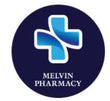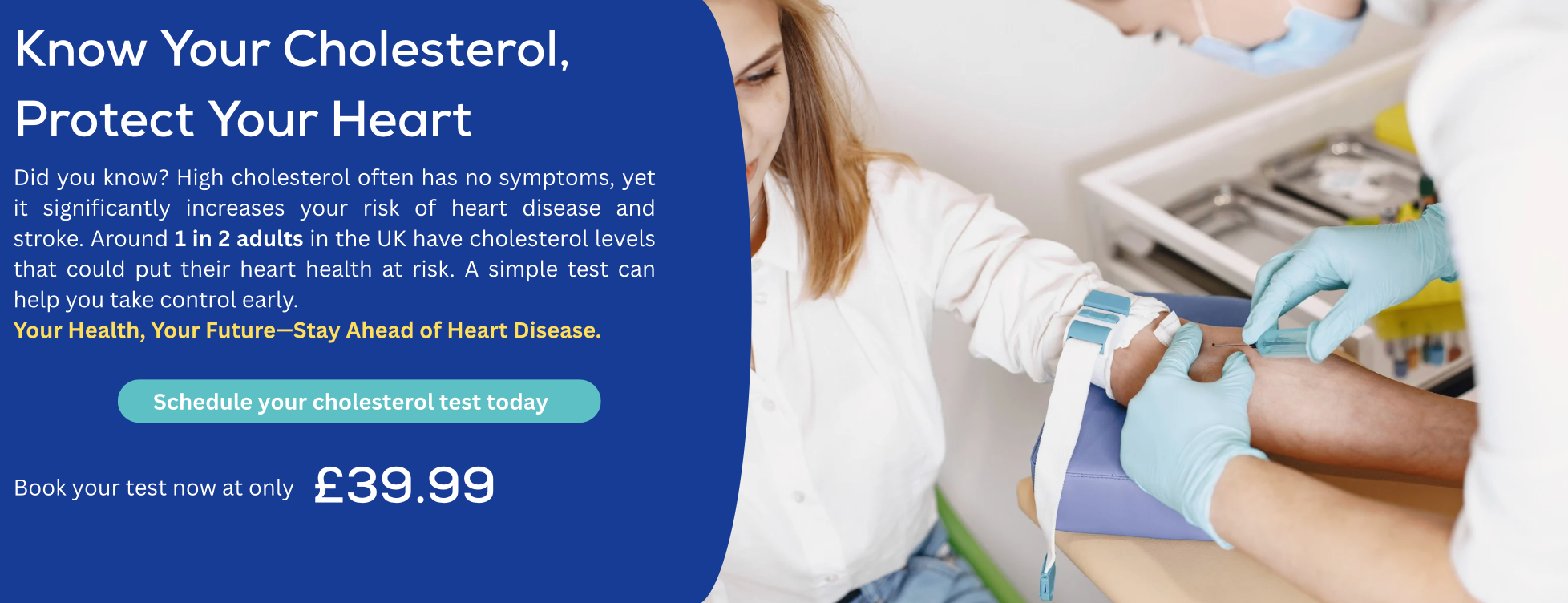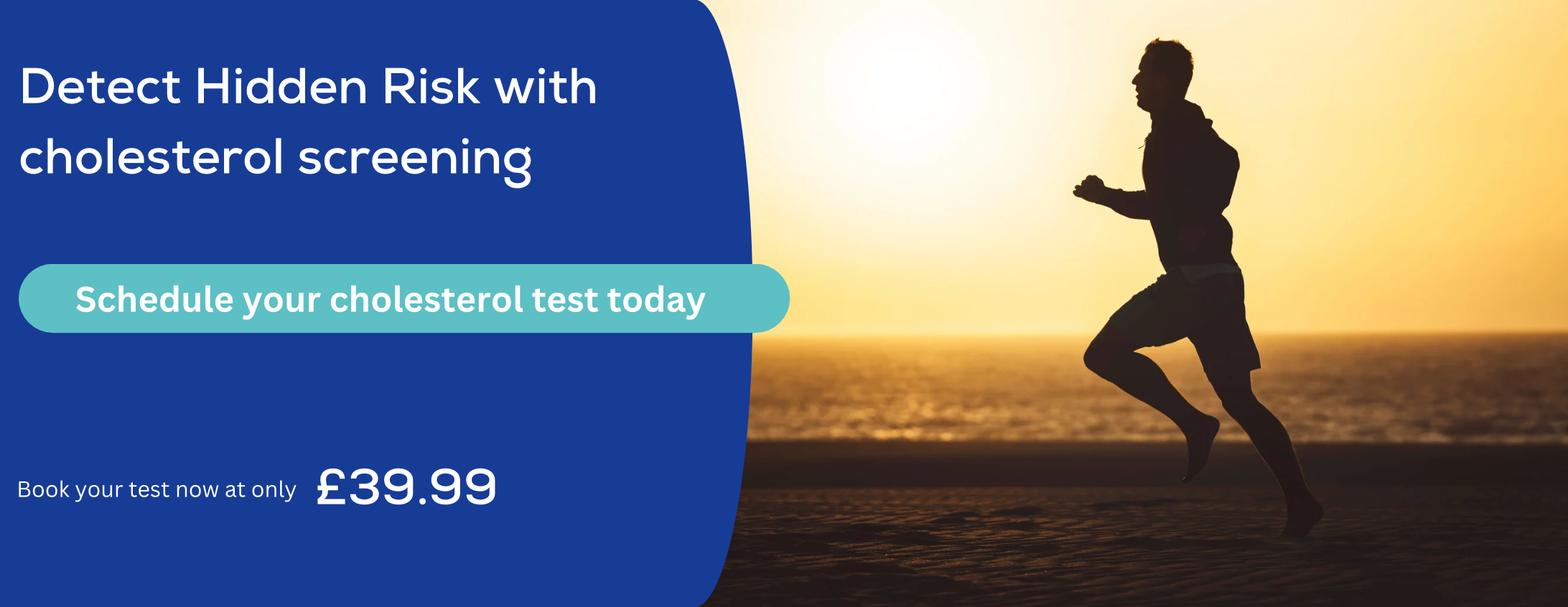FAQ
What is cholesterol?
What is cholesterol?
Cholesterol is a fatty substance (lipid) found in your blood. Your body needs some cholesterol to build healthy cells, produce hormones, and aid digestion. However, having too much cholesterol—especially low-density lipoprotein (LDL), often called “bad cholesterol”—can lead to fatty deposits building up in your blood vessels. Over time, this can increase your risk of heart disease, stroke, and other cardiovascular problems.
There are two main types of cholesterol:
LDL (Low Density Lipoprotein)
– Known as “bad” cholesterol because high levels can clog arteries.
HDL (High Density Lipoprotein)
– Known as “good” cholesterol because it helps remove excess cholesterol from your bloodstream.
A cholesterol test measures these levels, helping you understand your heart health and take steps to manage it.
What factors can affect cholesterol levels?
What factors can affect cholesterol levels?
Several lifestyle, genetic, and health factors can influence your cholesterol levels:
- Diet
– Eating foods high in saturated fat, trans fats, and cholesterol (like fried foods, processed snacks, and fatty meats) can raise LDL cholesterol. - Exercise
– Regular exercise can help increase HDL (“good” cholesterol) and lower LDL. - Weight
– Being overweight or obese can raise LDL and lower HDL levels. - Smoking
– Tobacco use lowers HDL cholesterol and damages blood vessel walls, making cholesterol build-up easier. - Alcohol
– Excessive drinking can raise total cholesterol and triglyceride levels. - Age & Sex
– Cholesterol levels tend to rise with age. Before menopause, women often have lower total cholesterol than men, but this changes after menopause. - Genetics
– Some people inherit conditions like familial hypercholesterolemia, which cause high cholesterol regardless of lifestyle. - Medical Conditions
– Diabetes, thyroid problems, and certain liver or kidney diseases can affect cholesterol levels.
Knowing these factors can help you make changes to protect your heart health.
What does a cholesterol test measure?
What does a cholesterol test measure?
A cholesterol test—also called a lipid profile or lipid
panel—measures the levels of different fats in your blood. It typically
includes:
· Total cholesterol – The overall amount of cholesterol in
your blood.
· LDL cholesterol (Low-Density Lipoprotein) – Often called
“bad” cholesterol because high levels can lead to plaque build-up in arteries.
· HDL cholesterol (High-Density Lipoprotein) – Known as
“good” cholesterol because it helps remove excess cholesterol from the
bloodstream.
· Triglycerides – A type of fat used for energy. High
levels can increase heart disease risk, especially when combined with high LDL
or low HDL.
· Non-HDL cholesterol – Total cholesterol minus HDL;
includes all the “bad” types.
Your results help identify whether you’re at risk for heart disease
or stroke and guide steps to improve your cardiovascular health.
What can I expect during the test?
What can I expect during the test?
A cholesterol test is quick, simple, and usually takes just a few
minutes. At our pharmacy, the process typically involves:
1. A small finger-prick blood sample – We use a sterile
lancet to take a drop of blood.
2. On-the-spot analysis – Your sample is tested using a
specialist device to measure cholesterol levels.
3. Fast results – You’ll usually have your results within
minutes.
4. Clear explanation – Our trained team will go through
your results, explain what they mean, and offer advice on any lifestyle changes
or next steps.



